How acne can be treated using rose face tonic?
Know how Rose Face Tonic works as a miracle for Acne
| Estimated Reading Time - 8 minutes |
Do you consider it unjust that some individuals have skin that is always flawless? They might be on a specific diet or they might have won the Powerball jackpot. Or maybe they maintain a strict skincare routine that gives them smooth, blemish-free skin without any pores.
Before you lose hope, it is important to understand that every individual has a different skin tone. Skin that is neither dry nor oily may be seen in some people. Some people are prone to acne and congested pores because of their oily skin. And then there are people with dry skin who really need to hydrate themselves. And on today’s ride down the skincare lane, we are discussing one of the most common problems amongst individuals of all age groups- acne.
From girls who have just hit puberty to people who are in their mid-forties, acne has surely become a matter of concern for a big lot of people. And no matter where you go- be it an online skincare brand or a typical Indian household where the inhabitants believe in ‘ , you are sure to find a myriad of solutions to this one problem of acne.
However, before we delve deep into the ocean of solutions for acne, it's important to know the root cause of the problem.
So, what are the causes of Acne? First of all, for the unversed, acne is a skin disorder that develops when your hair follicles under the skin become clogged with oil and dead cells. It results in pimples, blackheads, or whiteheads.
Acne is an allergic condition that affects the skin's sebaceous (oil) ducts and hair follicles, which are home to fine hairs. Sebum produced by the sebaceous glands in clear skin is released onto the surface of the skin through the pore, a follicular opening. The follicle is lined with keratinocytes, a kind of skin cell. The keratinocytes normally ascend to the skin's surface during skin cell shedding. Hair, keratinocytes and sebum clump together within the pore of an acne patient. As a result, the keratinocytes are kept from peeling and sebum is kept from penetrating the skin's surface. Inflammation, including redness, burning, and pain, is brought on by bacteria that ordinarily reside on the skin and can proliferate in clogged follicles when oil and cells are present. Lesions or pimples are produced when the membrane of the clogged follicle collapses, spilling germs, skin cells, and oil onto the neighbouring skin.

Now that we know what acne is, it's vital to know the root cause of acne so that we can treat it. Researchers and doctors think that one or more of these causes—excessive or rapid oil production in the pore, accumulation of old skin cells in the pore, and bacterial growth in the pore—can contribute to the onset of acne. Apart from the aforementioned, the following may aggravate acne but do not cause it.
- According to certain research, eating particular foods may exacerbate acne. Acne's relationship to nutrition is still being researched by scientists
- Stress
- Pressure from backpacks, fitted clothing, or sports helmets
- Irritations caused by the environment, such as pollution and excessive humidity
- Rubbing or picking at imperfections
- Rubbing your skin excessively hard
Anyone who is aware of skincare knows that there are myriads of solutions available in the market to treat acne. However, will you believe us if we tell you that it can be treated with something that can be found in almost every other Indian household? Sounds unbelievable but it’s right. We are talking about none other than rose water.
Rose Water & Acne
Using Rose Water as a rose face tonic can help one deal effectively with acne. Rose water would have been used by all of us as a toner. But not everyone is aware that rose face tonic may also be used to treat acne. Yes, it is a potent beauty element that aids in the treatment of acne. Rose face tonic has a number of advantages, including balancing the pH of the skin, removing makeup, relaxing inflammation, and soothing irritated skin. How does rose face tonic work to heal acne, though? Let's investigate this to learn further about rose face tonic and how it can be used to treat acne.

Does Rose Face Tonic work well for Acne?
Rose face tonic is an effective anti-acne agent because of its antiseptic and antibacterial qualities. The water not only aids in eradicating acne-causing bacteria but also aids in scar healing and skin clearing. Contrary to most topical face tonics for acne, the substance is incredibly kind to your skin. In actuality, it doesn't irritate even when applied to sensitive skin. Additionally, rose face tonic has a cooling effect that relieves skin irritation and redness. Additionally, it aids in clearing your pores, regulates oil production, and shrinks your pores to lessen the likelihood of recurring outbreaks.
Acne and Rosewater
Rose water is regarded as one of the finest face tonics for acne for a number of reasons, some of which are listed below:
1. Rose Water preserves the pH balance of the Skin
The pH equilibrium of your skin can be upset by overusing cosmetic items like face washes or soaps. This condition may also encourage the development of germs that can cause acne outbreaks. By regulating the pH levels of your skin, rose water can restore equilibrium and counteract this disturbance.
2. Rose Water eliminates Surplus Oil
Rose face tonic is an all-natural face tonic that clears your pores, gets rid of extra oil, and shrinks acne. It aids in eliminating acne-causing germs while avoiding further outbreaks. Additionally, it works well to remove acne scars.
3. Rose Water Calms the Skin
Acne outbreaks can irritate the skin, but rose face tonic's anti-inflammatory and cooling qualities can help calm them down.
4. Rose Water helps in Skin Stiffness
Phenyl ethyl alcohol and tannins, which have been astringents, are found in rose water. Astringents are compounds that cause tissues, like the skin, to contract, resulting in skin tightening. Astringents are used by people to lessen excessively clogged pores, which can aid in the growth of acne. Rose face tonic may be less prone to result in dryness than more potent astringents.
How to use Rose Water as a Face Tonic
1. Rose Water as a simple Face tonic
Water and rose combine to hydrate, revitalize, and hydrate the skin, providing it with a youthful appearance. It keeps the pH balance of the skin and aids in controlling excess oil. Rose essential oil, which contains a wide variety of vitamins, nutrients, and antioxidants, has exceptional emollient characteristics that are ideal for hydrating dry skin. This is one of the easiest ways to use rose water as a Rose face tonic.
2. Rose and Lemon Juice as a Face tonic
Acne and pimples can be cleared up with the help of this rosewater and lemon juice tonic. Apply the tonic after thoroughly cleansing your face. Before rinsing it with warm water, let it sit for 15 minutes. Using this face tonic is safe for both- dry and oily skin types.
3. Rose Water and Apple Cider Vinegar as a Face tonic
For this face tonic, all you need to do is mix rose water and apple cider vinegar in a jar, saturate a cotton pad with the mixture, dab it onto your face and let it dry. You can apply your favourite moisturizer to finish it off. Those with oily skin should definitely try this therapy. Apple cider vinegar boosts your skin's antioxidant levels while assisting in controlling oil production. Additionally, cleaning and refining your pores aids in avoiding potential outbreaks.
4. Rose Water and Vitamin C as a Face Tonic
This is one of the most effective face tonics one can use to treat acne. Make a powder of vitamin C tablets, and mix it with rose water. Pour this rose water tonic into a spray bottle and use it as a face tonic. You can also make a mixture of both and apply it to the affected areas. Let it dry for 10-15 minutes and rinse off with cool water. Antioxidants found in vitamin C are abundant and help prevent skin damage. Additionally, it contains potent anti-inflammatory qualities that facilitate acne removal more quickly. The vitamin promotes collagen formation, which aids in the healing of acne scars. Use this face tonic if you are trying to deal with acne and let us know in the comments if it worked.
5. Glycerin and Rose Water
To make this face tonic, mix glycerin and rose water in equal parts in a jar. Use this mixture as a face tonic by dabbing it onto your face with the help of a cotton pad. Finish it off by applying some moisturizer. Individuals with dry skin having acne should use this Rose face tonic. The glycerin helps eliminate oil and grime while preventing your face from drying out. Combining the two can lessen breakouts by clearing and reshaping your pores.

Rose face tonic is an effective acne treatment due to its antiseptic and antibacterial qualities. Rose water has many advantages when used to treat acne. It is ideal for all skin types, calms your skin, and stops new outbreaks. You can make a rose spray mist and use it on the skin to get the most advantages, or you can mix it with other things like lemon juice, glycerin, or vitamin C pills. You can have clean, flawless skin within a matter of months by using the recipes and techniques mentioned above. We hope you have healthy and happy skin with our prescribed rose face tonics.
Recommended Products by Blue Nectar:
Shubhr Steam Distilled Rose Toner Water & Face Tonic Mist
Shubhr Steam Distilled Vetiver Toner & Face Tonic Mist (Alcohol & Preservative Free)


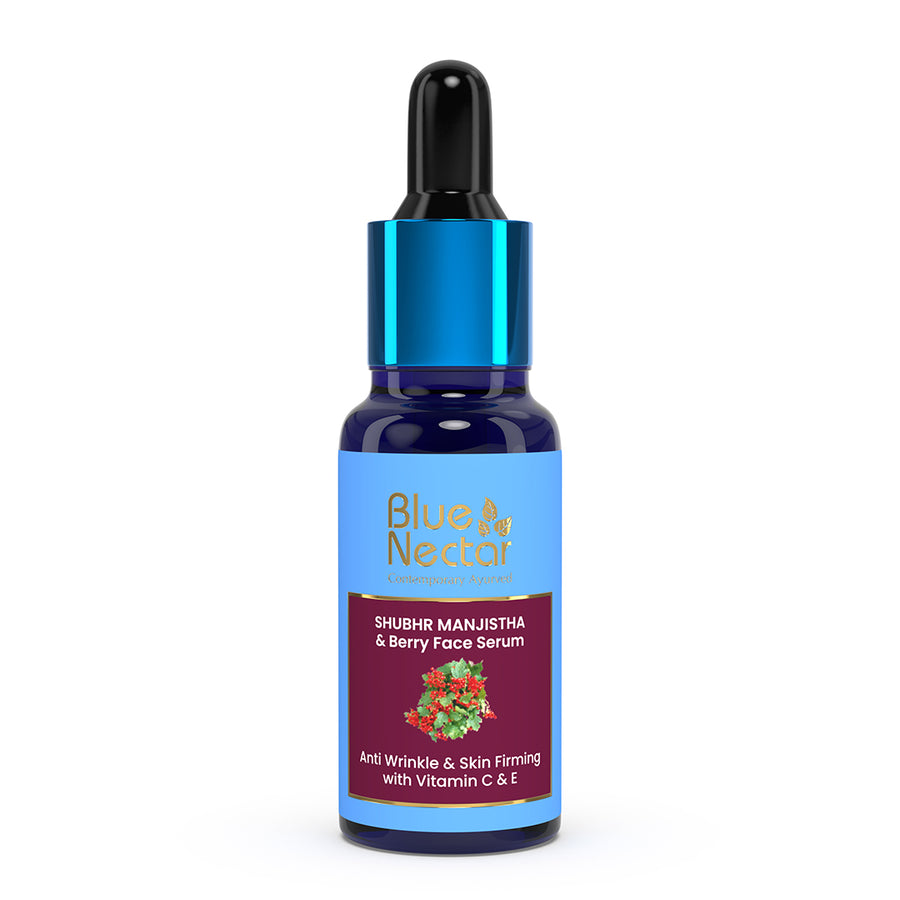

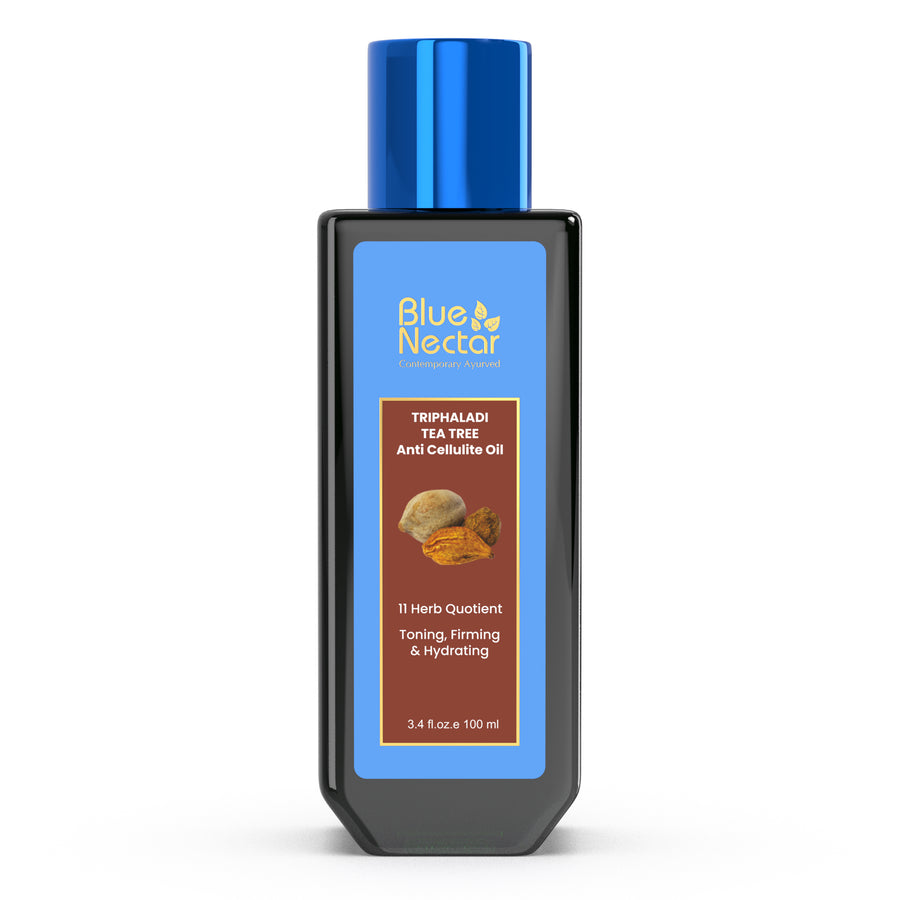
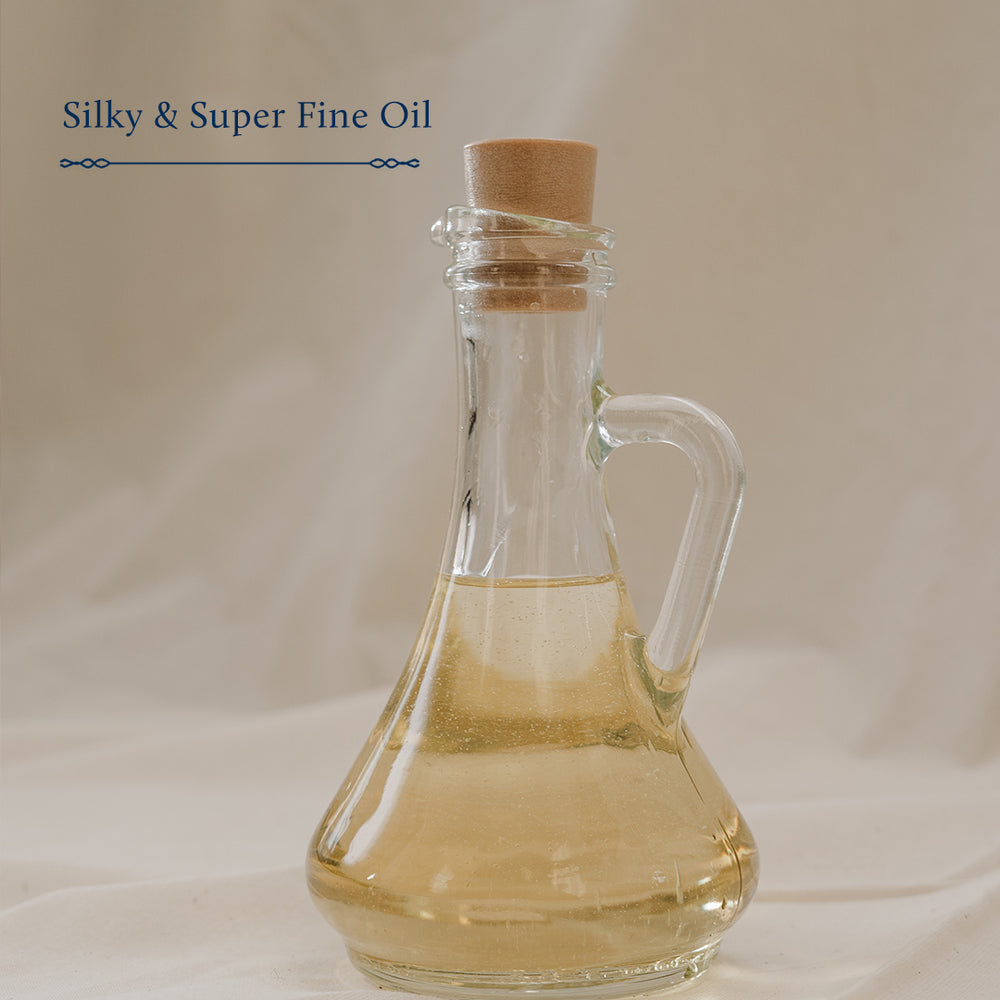
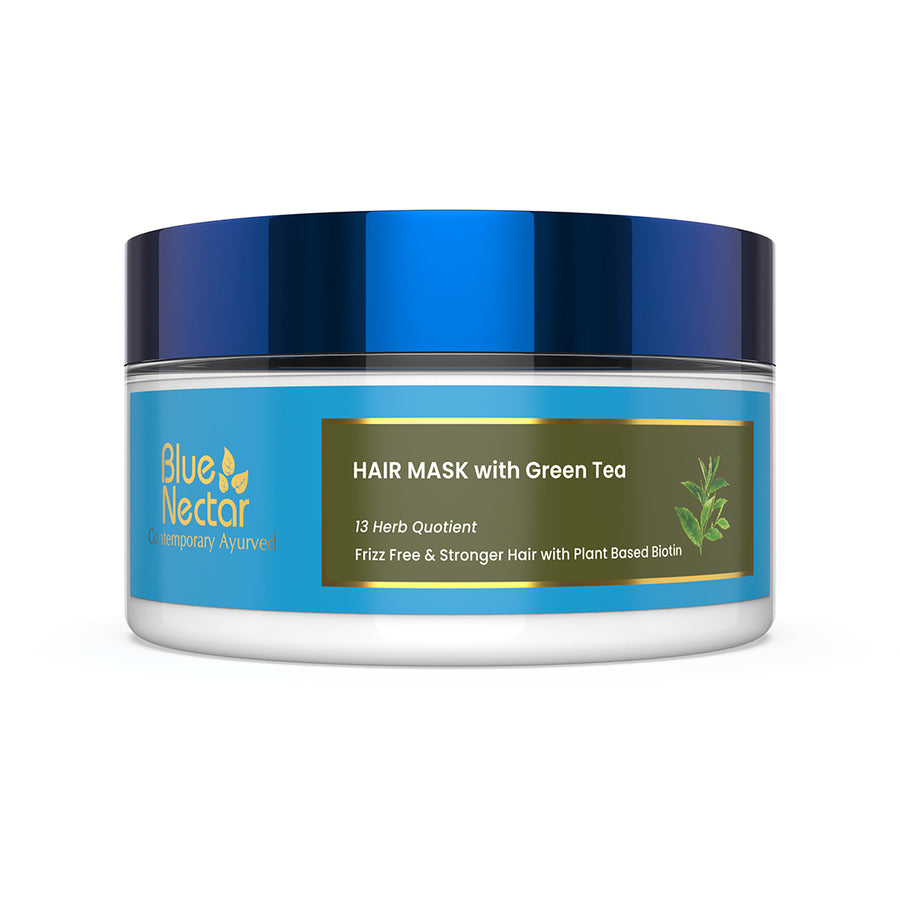
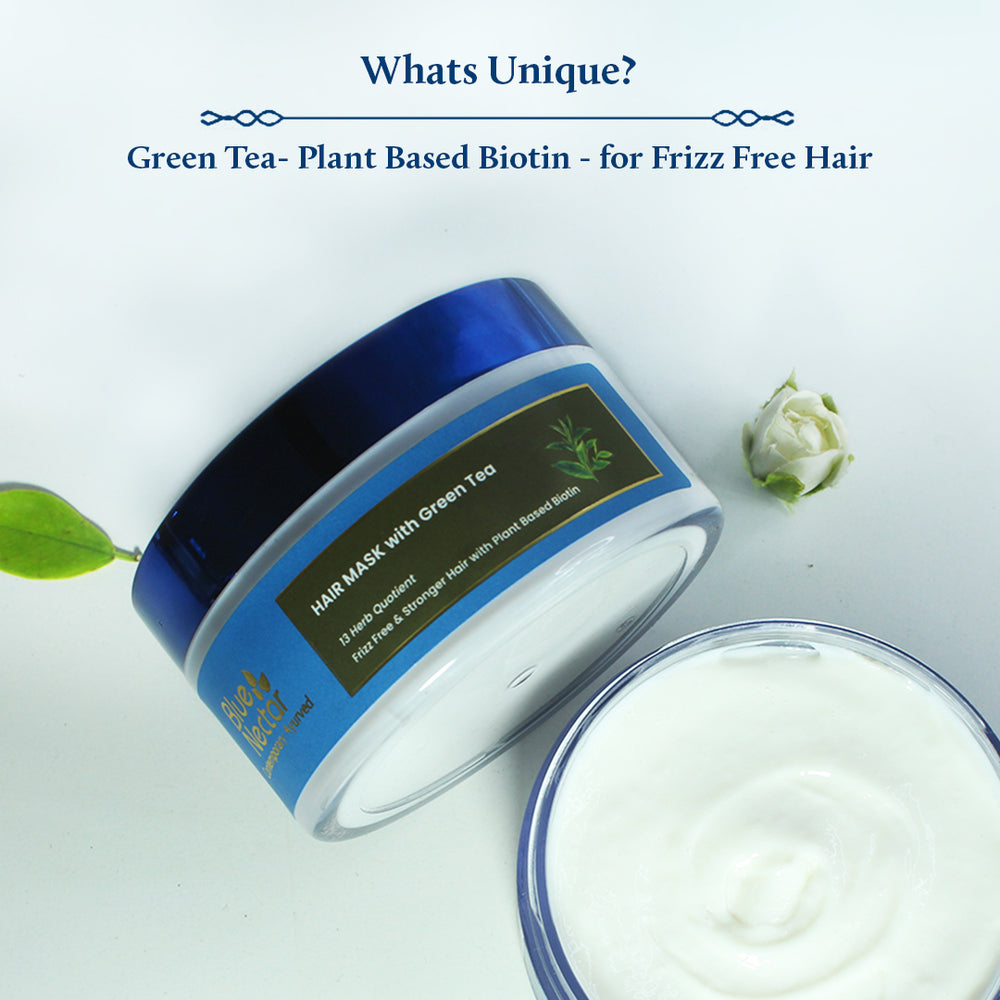


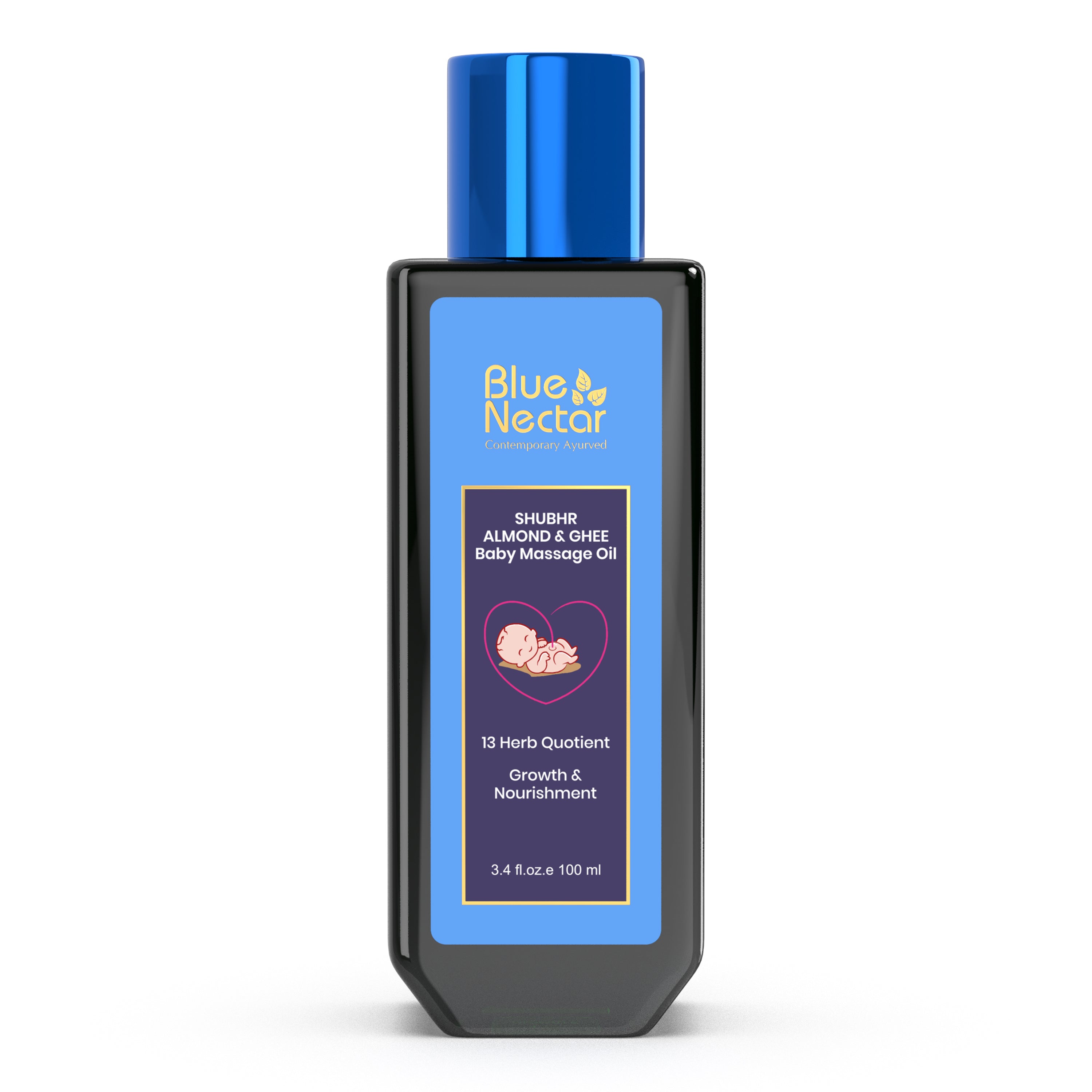


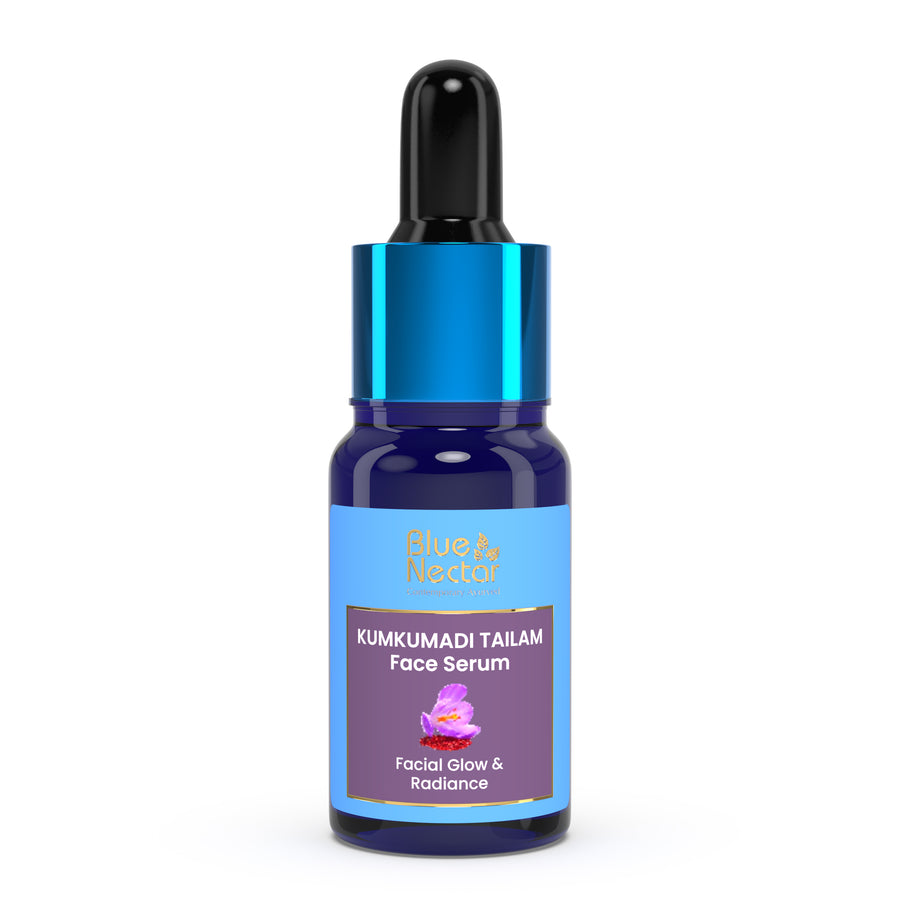
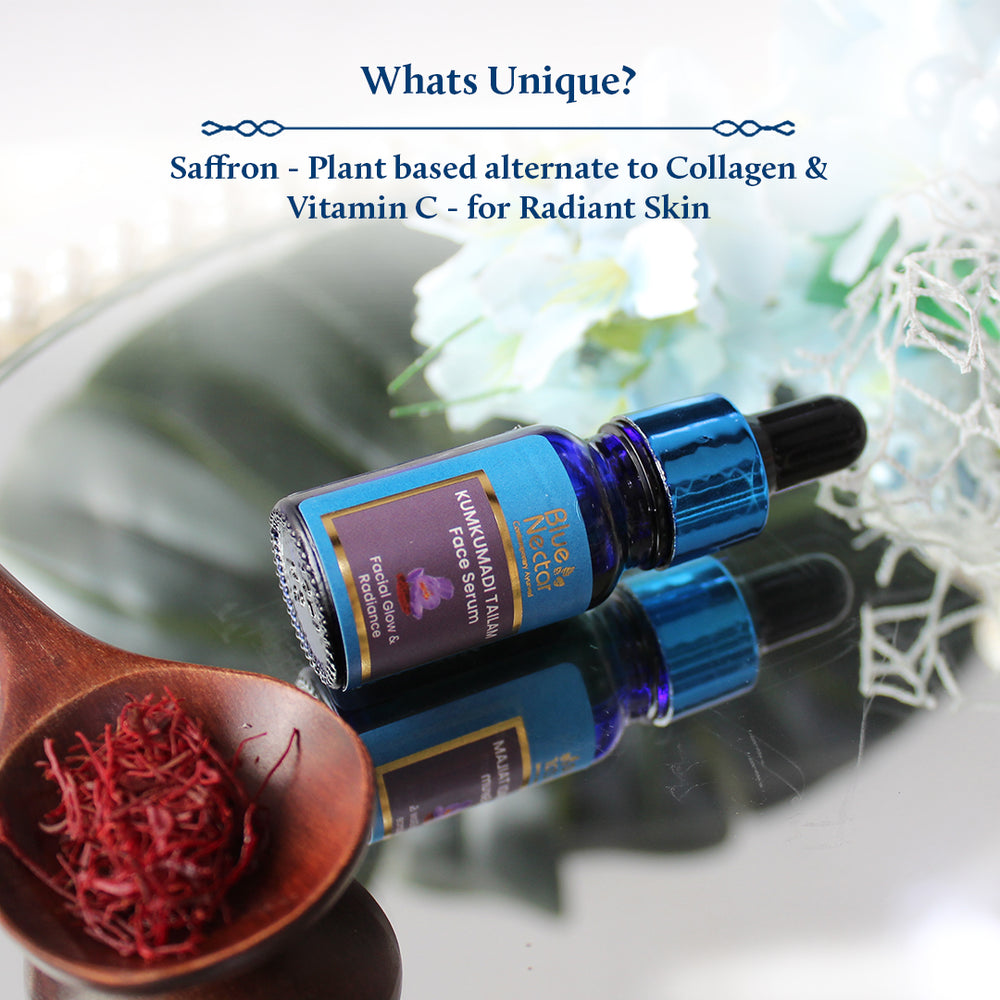
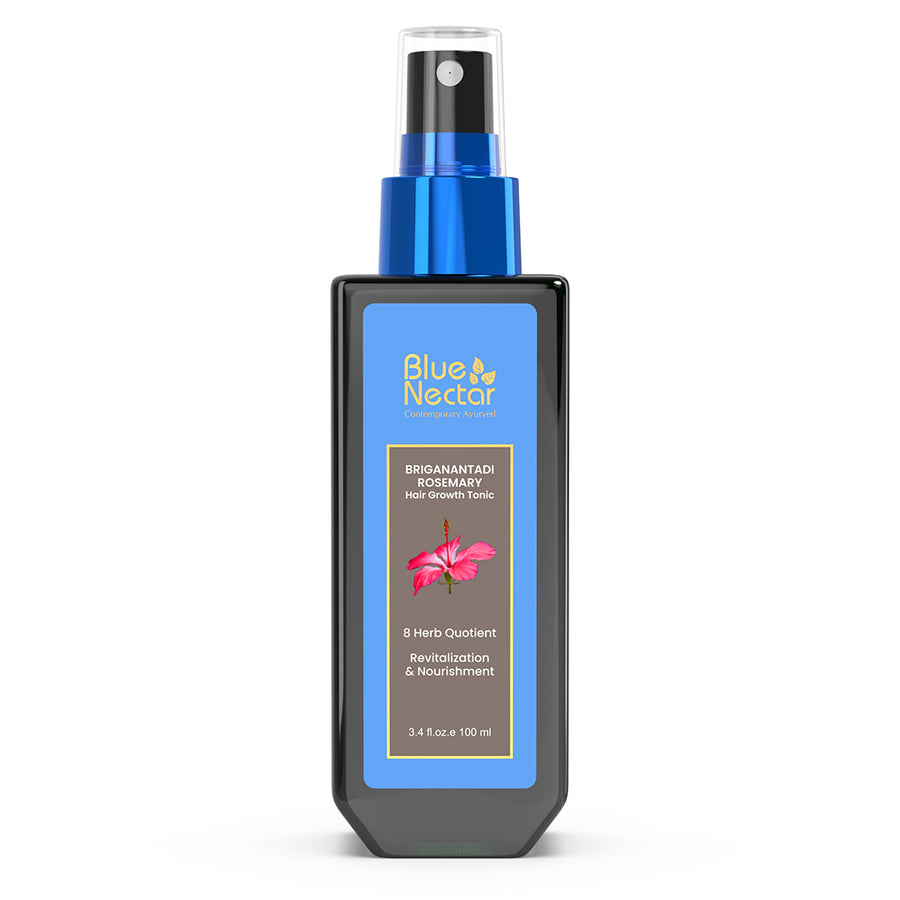
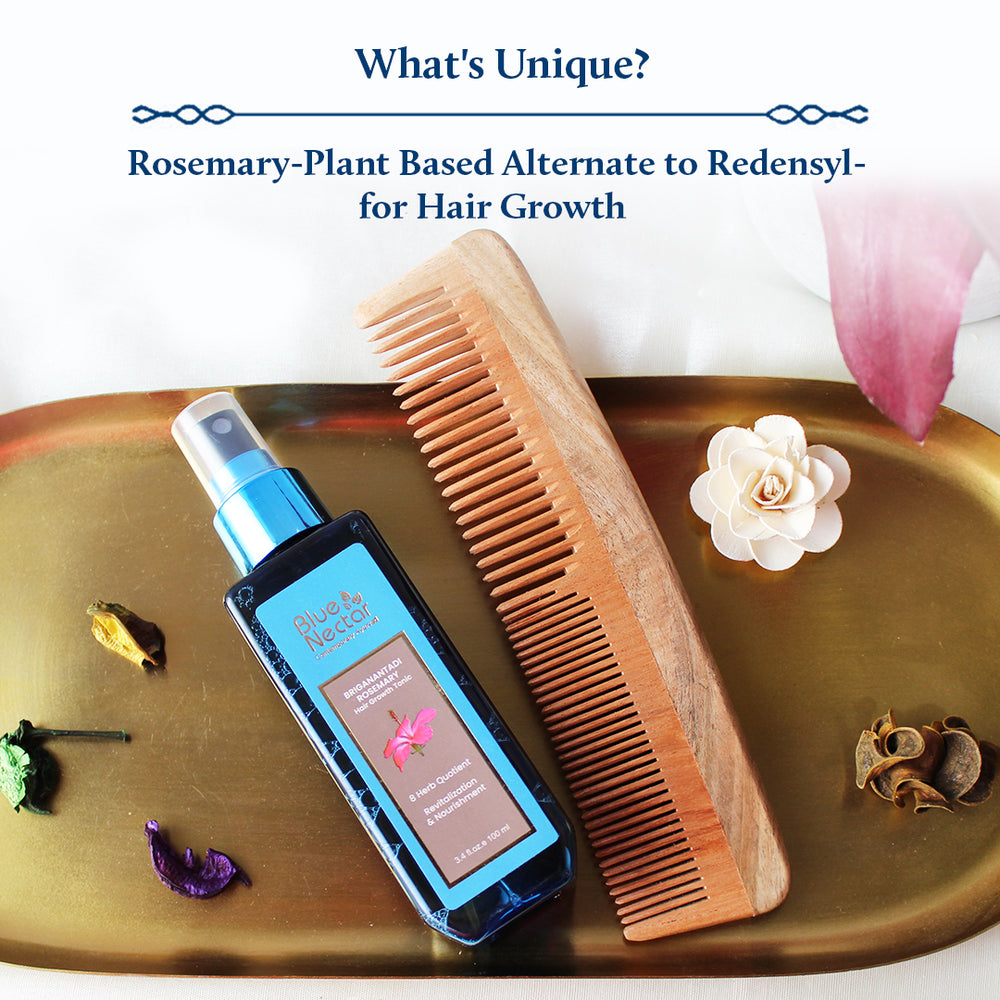

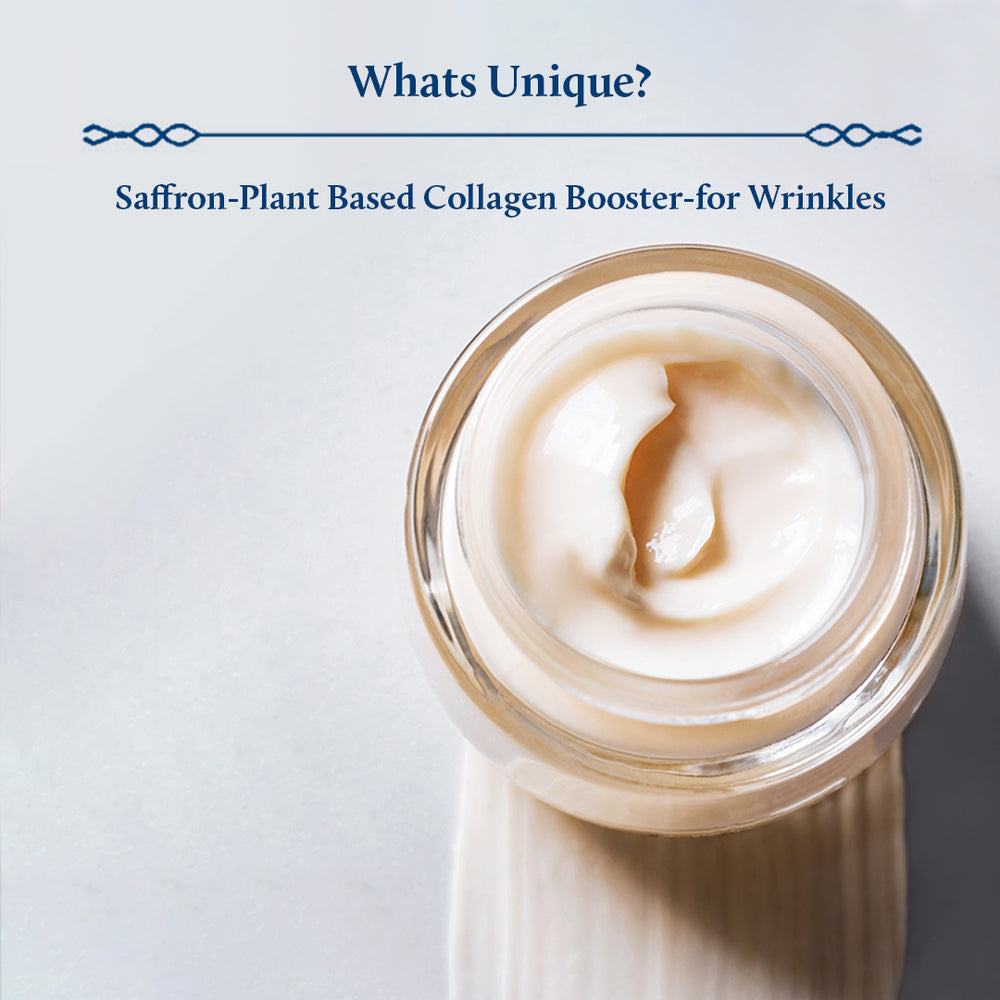
Leave a comment